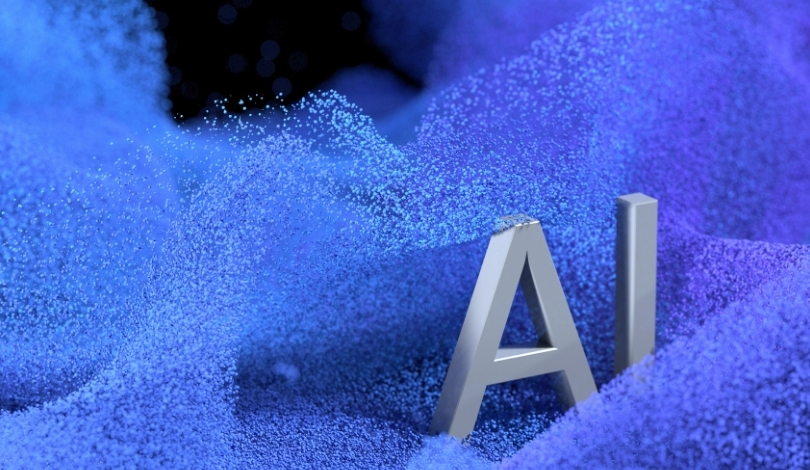Artificial intelligence’s integration into business operations has led to an escalation of safety concerns and security threats, surpassing the abilities of conventional cybersecurity measures. Companies are now grappling with sophisticated AI-related vulnerabilities that require advanced solutions to mitigate potential risks effectively.
Recent reports indicate a significant gap in preparedness among organizations. Cisco’s 2024 AI Readiness Index reveals that only 29% of surveyed entities feel they can adequately detect and prevent unauthorized interference with AI systems, highlighting the urgent need for enhanced security frameworks.
How Does Continuous Model Validation Help?
“When we talk about model validation, it is not just a one time thing, right? You’re doing the model validation on a continuous basis,” DJ Sampath, Head of AI Software & Platform at Cisco, explained. Continuous model validation allows for ongoing assessment and adjustment of AI systems to counteract new and emerging threats effectively.
What Complexities Arise from AI Evolution?
Frank Dickson, Group VP for Security & Trust at IDC, highlighted that the shift to AI and large language models introduces a variety of new security challenges. These complexities stem from the dynamic nature of AI models, which require constant updates and diverse security strategies to address different threat vectors.
How Will Normalization Affect AI Security Measures?
“You cannot underestimate the progress that these models are starting to make,” said Jeetu Patel, Executive VP and Chief Product Officer at Cisco. As AI technologies become normalized in business environments, the focus shifts to maintaining robust security measures that evolve alongside these advancements.
This normalization emphasizes the necessity for companies to adapt swiftly to the changing landscape to protect their AI-driven operations effectively.
Cisco has introduced AI Defense, a comprehensive solution designed to secure multi-model AI environments. By leveraging proprietary machine learning algorithms and threat intelligence from Cisco Talos, AI Defense autonomously identifies and addresses evolving security concerns, ensuring robust protection for enterprise AI systems.
The advancements in AI security reflect a broader trend of adapting cybersecurity strategies to meet the demands of increasingly complex and intelligent technologies. As businesses continue to integrate AI, the importance of proactive and adaptive security measures becomes paramount to safeguard against potential threats and ensure the integrity of AI applications.
The ongoing development of AI security solutions is crucial for maintaining trust and reliability in AI systems. Enterprises must prioritize continuous monitoring and validation of their AI models to stay ahead of malicious actors and protect their operational integrity. By investing in advanced security frameworks like Cisco’s AI Defense, businesses can better navigate the challenges posed by the evolving AI landscape.
- AI integration heightens enterprise security challenges.
- Cisco’s AI Defense offers adaptive protection solutions.
- Continuous validation is key to managing AI threats.










